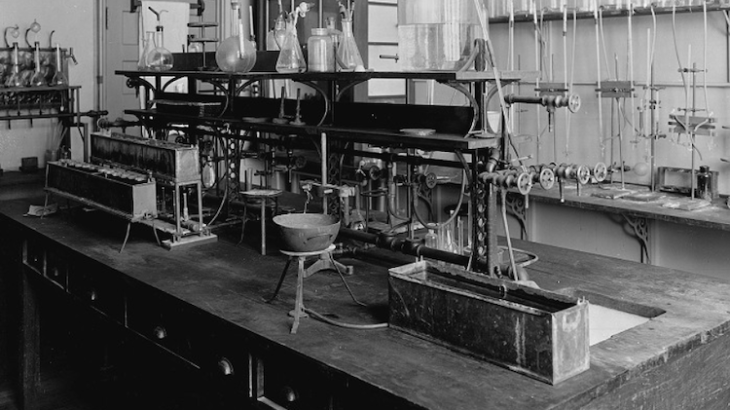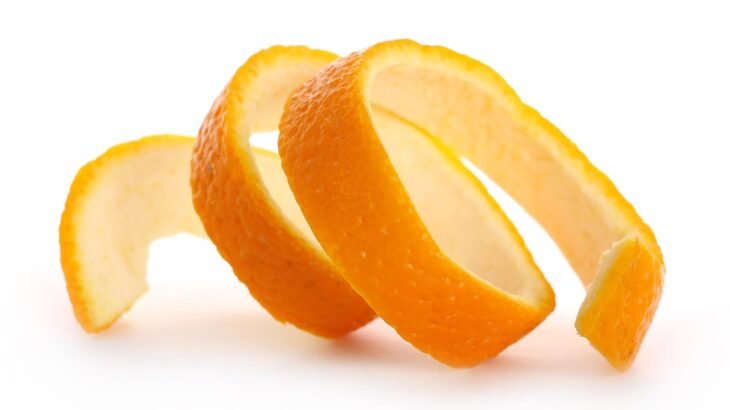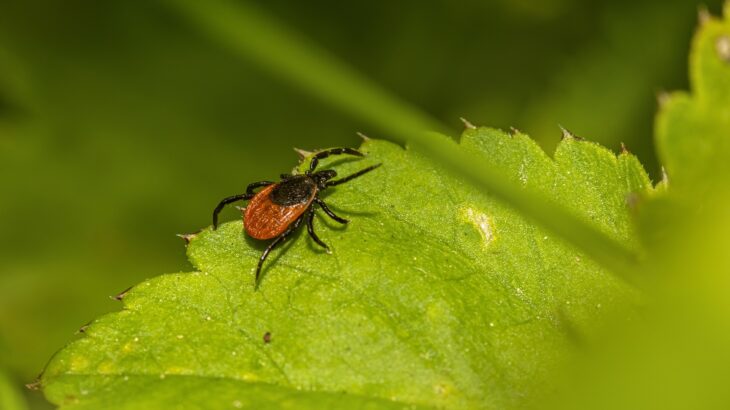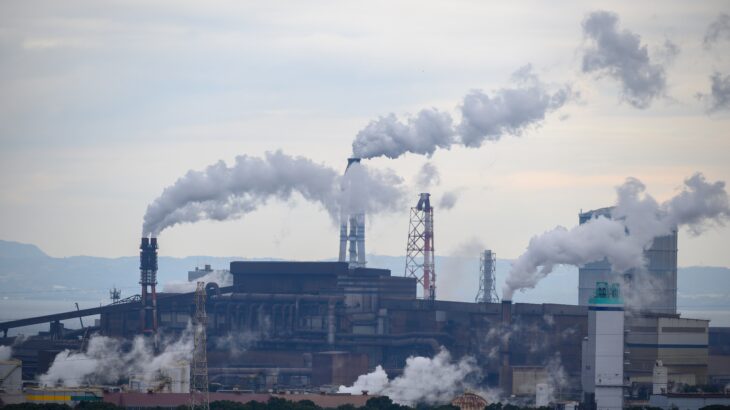
This week, we are featuring a post written in 2021 by Science in Society editor Mary Anne Schoenhardt. In this post, Mary Anne explores what it means to study the history of science – and why it’s important that we continue to do so. By Mary Anne Schoenhardt, Science in Society editor The summer of […]







